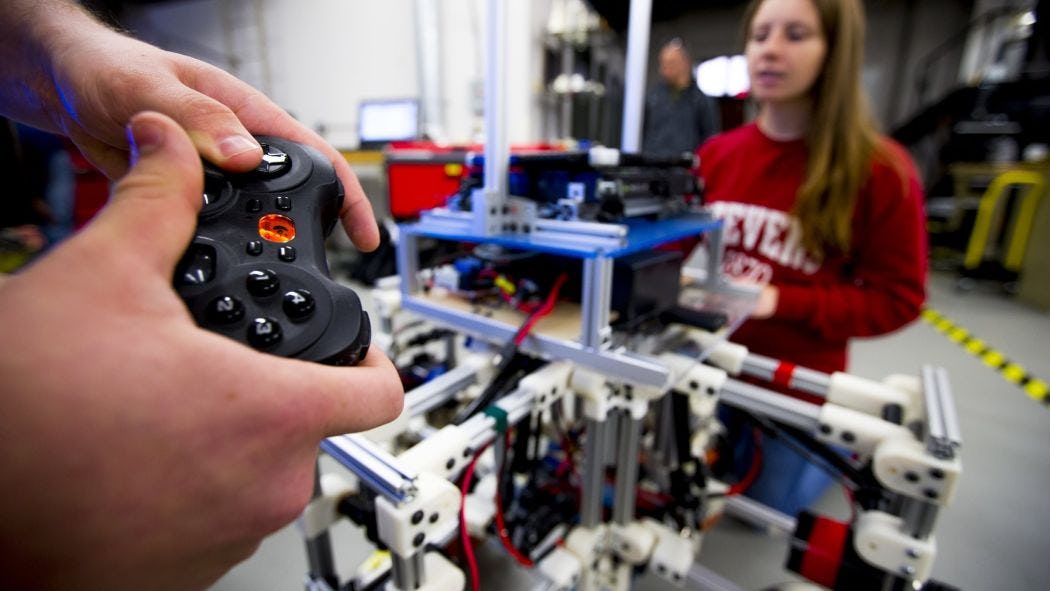In addition to grant sponsored research and coordinated research on individual or small-group levels, the CQSE is executing the following projects as a team.
Stevens' Quantum Campus
Transformative Quantum Technology
Next-generation technology based on quantum photonics promises to transform our society in a multitude of domains: cyber security, financial engineering, renewable energy, defense, biology, medicine, big data, etc.
In recent years, we have witnessed encouraging progress in theoretical and laboratory development of quantum photonic systems and techniques, whose results have heralded a range of robust applications in industry and defense, including secure communications, remote sensing, and metrology.
Fueled by this prospect, there has been focused support from both the governmental and industrial sectors across the continent for studying and developing practical quantum photonics technology and devices. Yet, major breakthroughs must be made, mostly in the areas of engineering, before compact, robust, and resilient quantum devices and systems can be mass produced and deployed.





